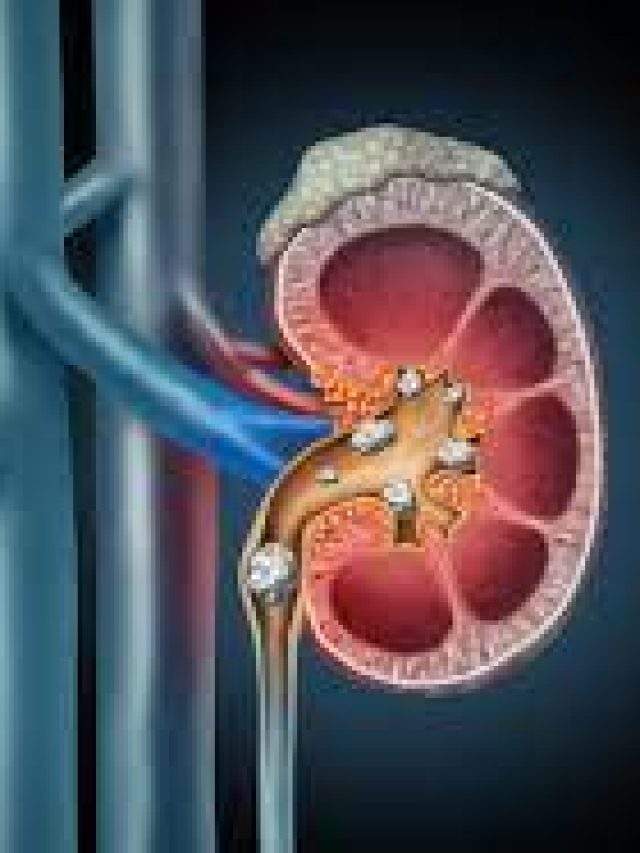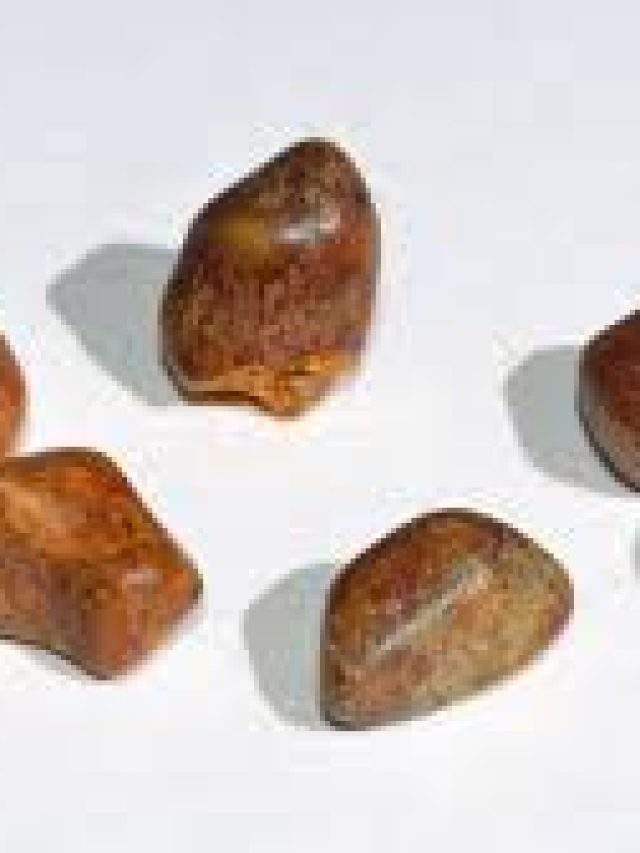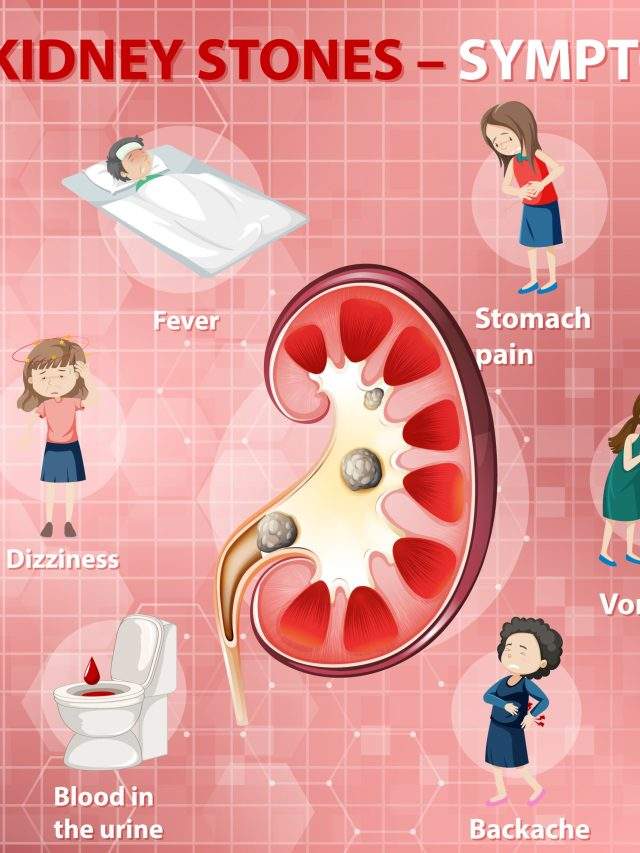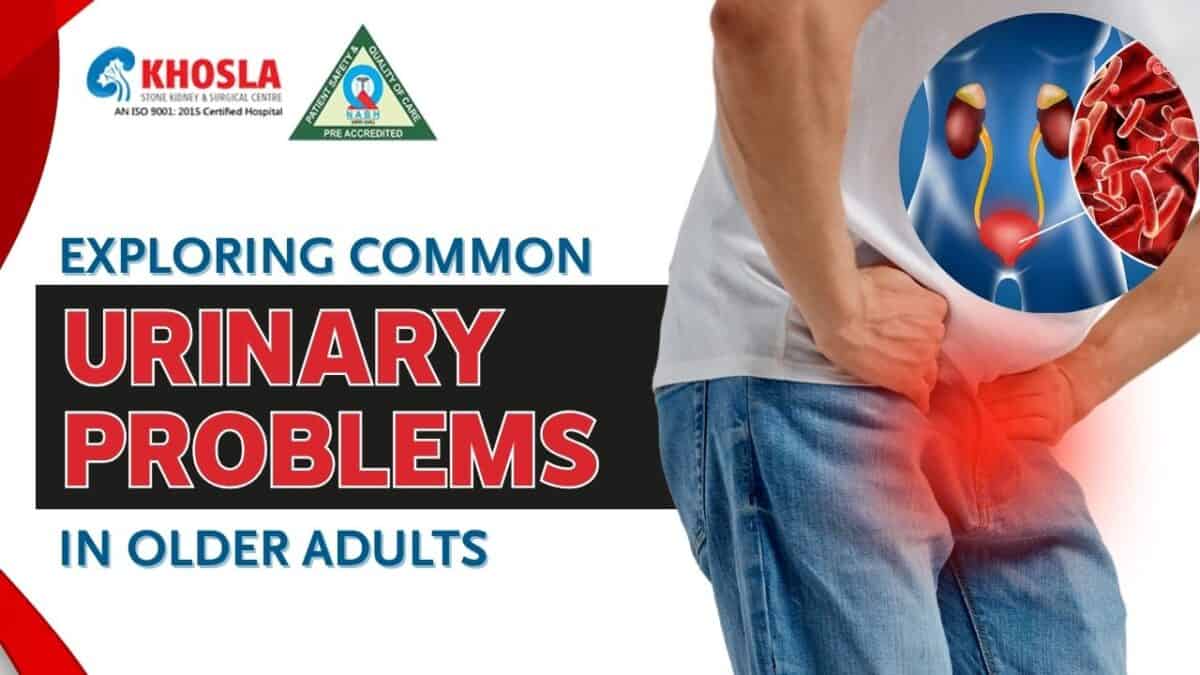![]()
People of different ages suffer from various problems for several reasons. Urinary tract problems are widespread. Older adults are suffering from some common urinary tract problems. Different supplements also affect kidney health and the kidney is the main part of the urinary tract.
What is the definition of the Urinary problems?
Urinary problems are commonly referred to as urological and bladder disorders; urinary difficulties involve a variety of ailments that impact the kidneys, uterus, bladder and urethra as part of the urinary system. All ages are susceptible to these issues, but due to alterations in the urinary system brought on by aging, older people are more likely to experience them. Contact the best urologist in Ludhiana to treat different urinary problems.
Some common urinary problems in older people.
Some common urinary problems often affect older people:
- Urinary incontinence: This is one of the most prevalent issues among older adults. It can manifest as stress incontinence leakage during activities like coughing, sneezing, or laughing, sudden urge incontinence, strong urges to urinate or overflow incontinence, and difficulty fully emptying the bladder, leading to dribbling.
- Urinary Tract Infections: Older adults, particularly women, are more prone to UTIs due to factors such as weakened immune systems, bladder dysfunction, and hormonal changes. Symptoms can include frequent urination, pain or burning during urination, cloudy or bloody urine, and pelvic discomfort.
- Benign prostatic hyperplasia: BPH is characterized by an enlarged prostate gland that can impede the flow of urine out of the bladder. Symptoms could include poor urine flow, trouble starting to urinate, frequent urination and the sensation the bladder is not completely emptied.
- Overactive bladder: Often accompanied by frequency and nocturia, OAB is typified by an unexpected and overwhelming urge to urinate. Neurological disorders, age-related changes in bladder function, and other underlying health problems can all contribute to OAB in older persons.
- Urine Retention: The bladder’s inability to empty itself can lead to urine retention in older persons. Symptoms including difficulties starting to urinate, a weak urine stream, dribbling after urinating, and the feeling of not wholly voiding might result from this.
- Bladder cancer: Although it can strike people at any age, older persons are the ones who receive bladder cancer diagnoses the most frequently. Blood in the urine, frequent urination pain or burning when urinating and pelvic discomfort are possible symptoms.
- Neurogenic Bladder: Disorders of the nervous system, including multiple sclerosis, spinal cord injuries, and strokes, can lead to neurogenic bladder dysfunction. Urinary incontinence, retention of urine, and difficulties completely emptying the bladder are some of the symptoms that may arise.
What are the risk factors for urinary problems?
Depending on the particular urinary problem, risk factors can change. However, some typical ones are as follows:
- Age: Modifications in hormone levels, muscle tone, and bladder function with aging may make urinary issues more likely, including incontinence, UTIs, and benign prostatic hyperplasia.
- Gender: One gender is more likely than the other to experience specific urinary issues.
- Menopause: The hormonal changes that accompany menopause might affect a woman’s bladder’s ability to operate and raise her chance of developing urine incontinence.
- Obesity: Carrying too much weight puts strain on the pelvic floor and bladder, raising the possibility of bladder issues such as incontinence.
- Smoking: Since the chemicals in tobacco smoke can harm the bladder lining over time, smoking is a risk factor for bladder cancer.
- Prior pelvic surgery: Urine issues, including urine incontinence or retention, can be more likely following previous pelvic surgery, especially if the surgery involved the bladder, prostate or reproductive organs.
Numerous individuals experience various kidney-related problems, such as kidney stones. Kidney stones can only be removed surgically, and Khosla Stone Kidney & Surgical Centre is known for kidney stone surgery in Ludhiana and has the best surgeons for this procedure.







